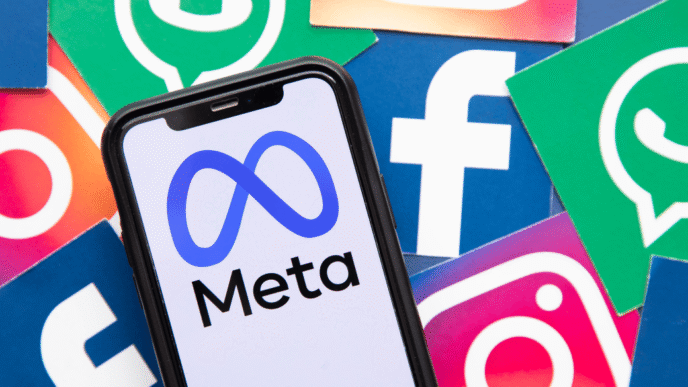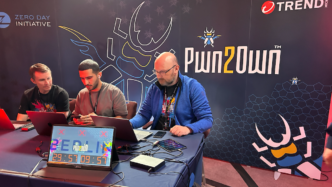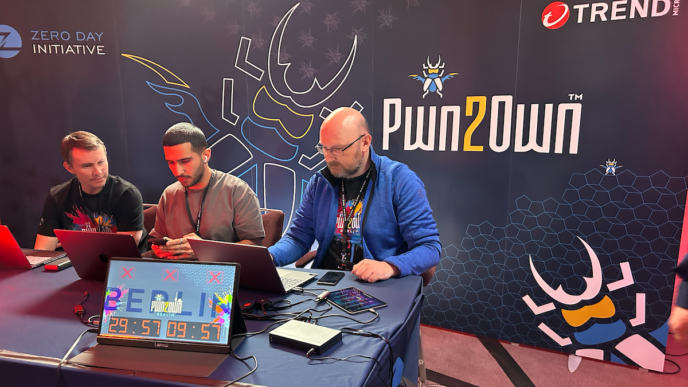Amazon’s home surveillance arm, Ring, has announced a major partnership with Flock Safety, a company that builds AI-powered camera networks widely used by local police, federal agencies, and private communities. The collaboration will allow law enforcement agencies that already use Flock’s systems to request access to video footage from Ring users, significantly broadening the scope of potential surveillance in U.S. neighborhoods.
According to the announcement, the partnership is framed as an effort to support “evidence collection and investigative work.” Law enforcement agencies using Flock’s platform will now be able to directly request footage from Ring doorbell cameras in areas where incidents occur, effectively linking millions of consumer-owned cameras into a larger, AI-driven surveillance network.
Flock’s system captures license plates and other vehicle identifiers, using machine learning to analyze movement patterns, match vehicle descriptions, and even filter searches by color, make, and distinguishing marks. It can also perform natural language searches of footage, allowing users to type commands such as “find a man wearing a red hoodie near a blue truck” to surface relevant clips. The company says its tools are designed to help police “solve crimes faster,” but privacy experts warn the technology could enable mass surveillance with limited oversight.
A report by 404 Media revealed that Flock’s vast network of over 5,000 police and government clients includes powerful federal agencies such as Immigration and Customs Enforcement (ICE), the U.S. Secret Service, and the Navy. That means through Flock’s data-sharing agreements, federal authorities already have access to extensive video and vehicle tracking data across American cities.
By integrating with Ring, that reach could expand dramatically. Ring has sold millions of internet-connected doorbell cameras across the U.S., and its Neighbors app already enables some information-sharing between local police and residents. Now, through this partnership, that connection could become far more direct, allowing agencies to request footage that might otherwise remain in private hands.
Privacy advocates argue that this growing overlap between private and public surveillance poses serious risks. Civil liberties organizations have long cautioned that AI-based recognition and pattern-matching systems often amplify racial and demographic biases. False matches and over-policing in minority communities could become more common as machine learning systems make split-second judgments about what, and who, appears “suspicious.”
Ring itself has faced years of scrutiny over its data privacy practices. In 2023, the Federal Trade Commission (FTC) ordered Amazon to pay $5.8 million in settlements after an investigation found that Ring employees and contractors had unrestricted access to customer video data for years, including footage recorded inside private homes. The FTC described the company’s lax security practices as “reckless,” saying they put consumers at risk of spying and data misuse.
Amazon and Flock both insist that participation in the new program will be voluntary. Ring users will have the option to accept or decline footage-sharing requests. However, critics argue that the sheer scale of the partnership—and the potential for government agencies to access footage from millions of devices—creates a new kind of national surveillance infrastructure, one that blurs the line between corporate and state monitoring.
“Every time you connect another network, the system grows smarter and more pervasive,” said one digital rights advocate. “When you combine Ring’s residential cameras with Flock’s vehicle-tracking AI, you’re approaching near-constant visibility in many neighborhoods.”
Flock, valued at more than $4 billion, has rapidly become one of the most influential surveillance technology providers in the U.S. The Atlanta-based company says its mission is to “eliminate crime,” and it markets its systems to local police departments, homeowners’ associations, and universities. But the firm’s expansion, and now, its alliance with Amazon, has fueled mounting concern among privacy experts who warn of a “creeping surveillance state” developing through private-sector technology partnerships.
As this collaboration rolls out nationwide, questions remain over data retention policies, user consent, and whether footage shared voluntarily could later be used for unrelated investigations or cross-agency tracking. For now, the partnership marks one of the most significant consolidations yet between private home surveillance networks and AI-powered law enforcement tools in the U.S, a move that could redefine how “public safety” and personal privacy intersect in the age of ubiquitous cameras.













